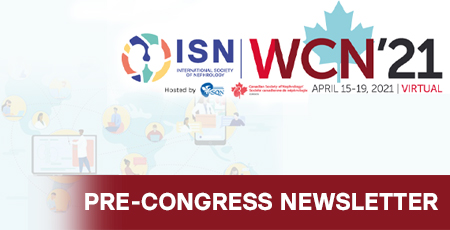Bringing healing into focus
Why do some patients receiving hemodialysis remain cheerful, hopeful, outward-looking, and enjoy a rich life, while others suffer debilitating depression and other emotional problems? Can whatever makes some patients more resilient be “bottled” and given to those less resilient to help them? These are the questions that Chris McIntyre, professor of medicine, medical biophysics, and...





